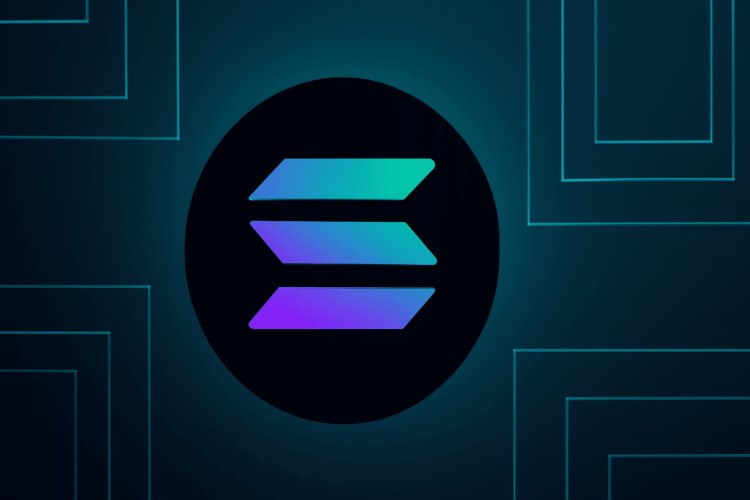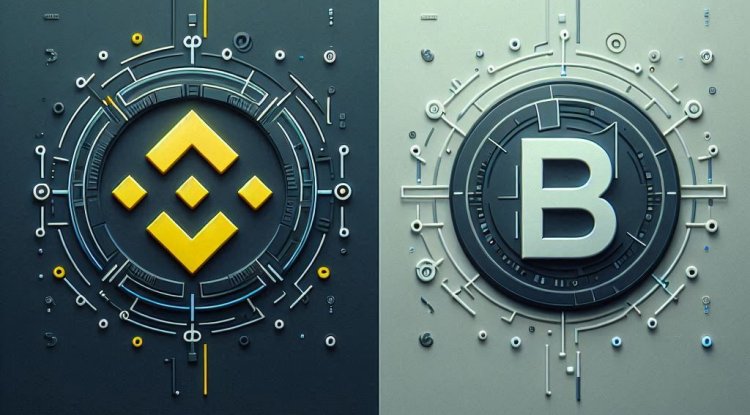What Is Cryptocurrency? A Simple Explanation for Beginners
Learn everything you need to know about cryptocurrency in this comprehensive guide. Understand key concepts, how cryptocurrencies work, their advantages over traditional money, and the role of blockchain technology. Dive into popular cryptocurrencies like Bitcoin and Ethereum, and discover the future of digital currencies.

Cryptocurrency: Transforming the Financial World
Introduction
Cryptocurrency is taking the financial world by storm, but what exactly is it? Whether you're a beginner or just someone curious about the buzz, understanding cryptocurrency can seem daunting. In this article, we'll break it down in simple terms, explain how it works, and compare it to traditional money. Get ready to dive into the world of digital currencies!
What Is Cryptocurrency?
At its core, cryptocurrency is a form of digital or virtual money that uses cryptography for security. Unlike physical currencies such as the U.S. Dollar or the Euro, cryptocurrencies are entirely online and are not controlled by any government or central authority. They rely on decentralized networks, meaning they operate independently of banks, governments, or other institutions.
The first cryptocurrency, Bitcoin, was introduced in 2009 by an anonymous person or group known as Satoshi Nakamoto. Since then, thousands of other cryptocurrencies, known as altcoins, have emerged, each with unique features and uses.
How Does Cryptocurrency Work?
Cryptocurrency operates using a technology called blockchain. To put it simply, blockchain is a type of digital ledger that records all cryptocurrency transactions. This ledger is public and decentralized, meaning it is not stored in one place but rather across a network of computers (nodes). Each time someone sends cryptocurrency, the transaction is verified and added to this ledger, ensuring transparency and security.
One of the key features of cryptocurrency is the lack of intermediaries. Traditional transactions often require banks to act as middlemen, whereas cryptocurrency transactions occur directly between users. Cryptography ensures that each transaction is secure, and blockchain maintains a permanent and tamper-proof record.
What Is Blockchain Technology?
Blockchain is a distributed ledger technology (DLT) that stores data in blocks, which are linked together to form a chain. These blocks contain a list of transactions, and once a block is added to the chain, it cannot be altered. This system guarantees the integrity of the transaction history and prevents fraud.
Each time a transaction is made, it must be validated by the network using a consensus mechanism. This ensures that all transactions are legitimate and that no one can manipulate the ledger.
Popular Cryptocurrencies: Bitcoin and Ethereum
Bitcoin (BTC)
Bitcoin is the first and most well-known cryptocurrency. Created in 2009, it operates on a decentralized network and has a fixed supply of 21 million coins, which makes it akin to digital gold. People often use Bitcoin as a store of value, and it has also become increasingly accepted as a form of payment.
Ethereum (ETH)
Ethereum, introduced in 2015, is the second-largest cryptocurrency by market capitalization. Unlike Bitcoin, which primarily serves as digital money, Ethereum is more versatile. It introduced smart contracts, which are self-executing contracts with the terms directly written into code. These smart contracts power decentralized applications (dApps) and enable complex financial transactions, beyond just simple transfers of money.
Cryptocurrency vs. Fiat Money
Fiat money is the traditional currency issued by governments, such as the U.S. Dollar or the Euro. It is regulated by central banks and relies on the government’s authority to maintain its value.
Cryptocurrencies, on the other hand, are decentralized and not controlled by any central authority. Here are some key differences:
- Centralization vs. Decentralization: Fiat money is controlled by governments and central banks, while cryptocurrency is decentralized and operates on a peer-to-peer network.
- Supply Control: Fiat money can be printed at will by governments, whereas cryptocurrencies like Bitcoin have a fixed supply.
- Privacy and Transparency: Cryptocurrency offers greater privacy, and transactions are recorded on the blockchain for transparency, while fiat transactions often involve third-party institutions like banks.
- Speed and Cost: Cryptocurrency transactions can be processed quickly and often at lower costs, especially for international transfers.
Advantages of Cryptocurrency
Cryptocurrency offers numerous advantages over traditional fiat money, making it an attractive alternative for many:
Decentralization and Financial Freedom
Since cryptocurrencies operate on decentralized networks, users have complete control over their funds. There’s no need for a middleman like a bank, giving individuals more financial autonomy.
Global Accessibility and Inclusion
Anyone with an internet connection can access and use cryptocurrency. This makes it especially beneficial for people in underserved or underbanked regions of the world.
Lower Transaction Fees
Cryptocurrency transactions are often cheaper, especially for cross-border transfers, which can be expensive and time-consuming with traditional financial institutions.
Enhanced Security
Blockchain technology and cryptographic systems ensure a high level of security, making it difficult to alter or hack transactions.
Transparency in Transactions
Since all transactions are recorded on the blockchain, they are publicly available and verifiable, promoting accountability and transparency.
Challenges and Risks of Cryptocurrency
While the benefits are clear, there are also risks associated with cryptocurrency:
Volatility and Price Fluctuations
Cryptocurrency prices can be highly volatile. A cryptocurrency that is worth a significant amount today may experience dramatic price drops the next day.
Regulatory Issues and Legal Concerns
Since cryptocurrency operates outside traditional financial systems, many governments have started regulating or restricting its use, which can create legal challenges.
Security Threats and Scams
Although the blockchain itself is secure, cryptocurrency exchanges and wallets are often targeted by hackers. Additionally, scams and fraudulent schemes are prevalent in the space.
The Future of Cryptocurrency
Cryptocurrency is transforming the financial landscape, offering new possibilities for payments, investments, and decentralized finance (DeFi). With the continued evolution of blockchain technology, cryptocurrencies may play an even larger role in the future, disrupting industries beyond finance, including healthcare, supply chain management, and digital identity.
Conclusion
Cryptocurrency is not just a passing trend; it represents a significant shift in how we think about money, payments, and financial transactions. By leveraging blockchain technology, cryptocurrencies offer decentralization, transparency, security, and lower transaction fees. As more people understand how cryptocurrencies work, we may see widespread adoption, reshaping the future of finance.
FAQs
1. What is the best cryptocurrency for beginners?
Bitcoin and Ethereum are great starting points, as they are widely recognized and have robust communities and resources.
2. Is cryptocurrency legal?
Cryptocurrency is legal in many countries, but regulations vary widely. Always check your country’s laws before buying or using cryptocurrency.
3. How do I store my cryptocurrency safely?
Cryptocurrencies are best stored in secure wallets, either hardware wallets (offline) or software wallets (online), to protect them from hackers.
4. Can I use cryptocurrency for everyday purchases?
While not as widely accepted as fiat money, an increasing number of businesses are beginning to accept cryptocurrencies for goods and services.
5. What are altcoins?
Altcoins are any cryptocurrencies other than Bitcoin. Examples include Ethereum, Litecoin, and Ripple, each with unique features and use cases.
Share
What's Your Reaction?
 Like
0
Like
0
 Dislike
0
Dislike
0
 Love
0
Love
0
 Funny
0
Funny
0
 Angry
0
Angry
0
 Sad
0
Sad
0
 Wow
0
Wow
0

















